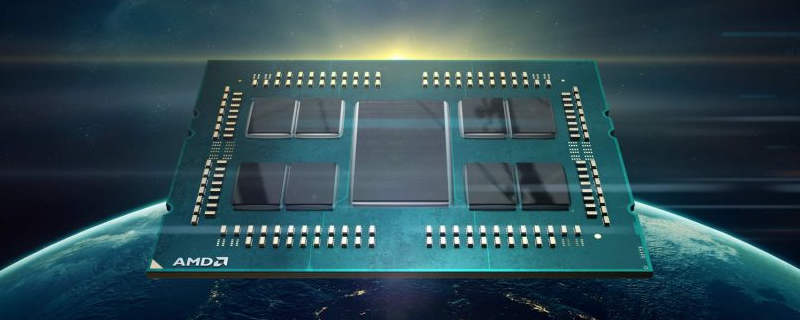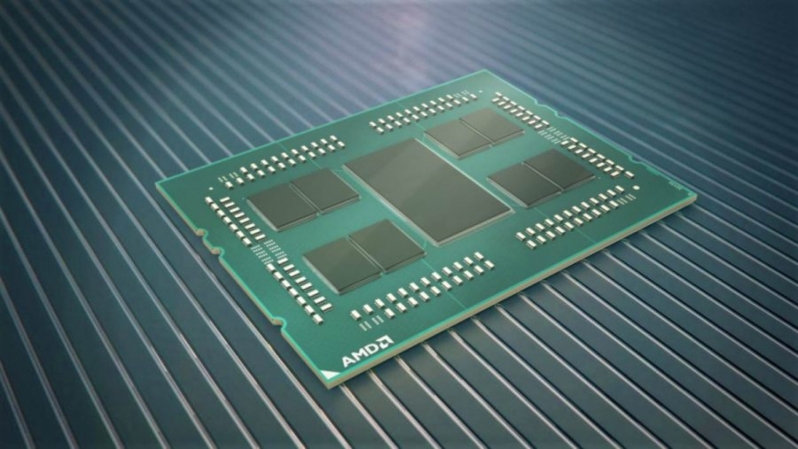AMD is reportedly achieving great yields on their Zen 2 CPU dies, but not as good as last-gen
AMD is reportedly achieving great yields on their Zen 2 CPU dies, but not as good as last-gen
AMD’s approach with Zen was designed to make higher performance/core count processors more affordable, shaking up both the consumer and server sides of the PC industry. This trend is set to continue with the company’s 7nm Zen 2 architecture, which has been designed to deal with some of the downsides of AMD’s original Zeppelin (EPYC) multi-chip CPU designs.
A report from Bits and Chips has claimed that AMD’s 7nm Zen 2 dies are being manufactured with a yield rate of around 70%, which isn’t bad for a new processor on a leading-edge process node. While AMD’s 14nm Zen dies had higher yields than this, it must be remembered that we are much earlier in 7nm’s life cycle than AMD’s Zen products were for 14nm. Yield rates will improve as TSMC’s 7nm process matures.Â
For context, it is also claimed that the yield rate for Intel’s 28-core CPU dies have a yield rate of 35%, a data point which partially explains why Intel’s high core count processors cost so much. This positions AMD to make some serious profit from their high core count Zen 2 EPYC offerings, as their higher yield rate lowers the cost/chip of their CPU manufacturing, significantly increasing their profit margins.  Â
AMD’s cost-effective CPU designs will be leveraged to deliver increased value for their customers and higher margins for AMD as a company, benefiting AMD as a manufacturer and customers due to the introduction on high-value products.Â
Â
While it has its disadvantages, AMD’s MCM (multi-chip-module) processor designs can deliver some serious value to consumers, so much so that many of their rivals are also working on multi-chip CPUs of their own.Â
Regardless of what way you look at it, high yield rates for AMD’s Zen 2 processors are a good sign for the company, as lower chip costs will enable the company to generate more profit per sale and offers the company more room for price reductions later down the line.Â
You can join the discussion on AMD’s high Zen 2 yields on the OC3D Forums.Â




